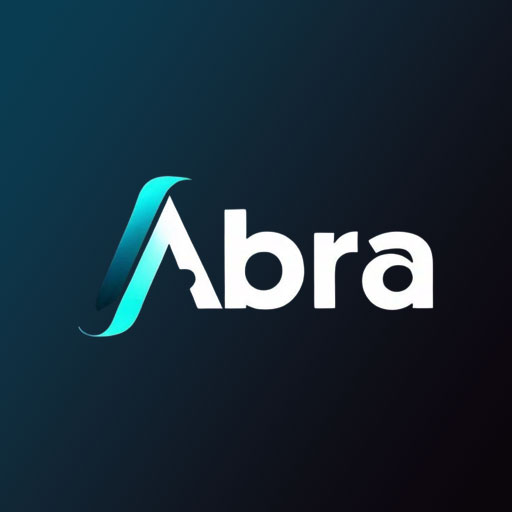Laser Therapy for Hair Growth: A Complete Guide to Light-Based Hair Restoration.
The evolution of laser therapy has revolutionized hair restoration treatments, offering a non-invasive solution for those struggling with hair loss. This comprehensive guide explores the science, effectiveness, and practical applications of laser therapy for hair growth.
Understanding Low-Level Laser Therapy (LLLT)
The Science Behind Light Treatment
LLLT works by delivering specific wavelengths of light (typically 630-670 nanometers) to stimulate hair follicles. This red light penetrates scalp tissue, energizing dormant follicles and promoting cellular activity essential for hair growth.
Clinical Evidence and Research
Latest Study Results
Recent clinical trials demonstrate significant improvements:
- 39% increase in hair density after 16 weeks
- 35% improvement in hair thickness
- 85% of participants showing positive results
Types of Laser Devices
Professional Systems
In-Clinic Treatments
- High-powered laser panels
- Professional-grade helmets
- Controlled environment applications
Home-Use Devices
Personal Treatment Options
- Laser caps and helmets
- Handheld combs
- Band devices
Treatment Protocols
Optimal Usage Guidelines
| Device Type | Session Duration | Frequency | Expected Results |
|---|---|---|---|
| Laser Cap | 15-30 minutes | 3-4x/week | 3-6 months |
| Handheld | 10-15 minutes | Daily | 4-6 months |
| Clinical | 30 minutes | Weekly | 2-4 months |
Effectiveness Factors
Key Success Elements
- Consistent application
- Proper device positioning
- Treatment timing
- Complementary care
Combining Therapies
Synergistic Approaches
- Minoxidil integration
- PRP treatment combination
- Nutritional support
- Scalp care routines
Safety Considerations
Understanding Risks
- Eye protection requirements
- Contraindications
- Device certification importance
- Medical clearance needs
Cost Analysis
Investment Breakdown
Device Costs
- Professional treatments: $2,000-5,000/year
- Home devices: $500-3,000 one-time
- Maintenance costs: $100-200/year
Treatment Timeline
Progress Expectations
Month-by-Month Progress
- Month 1-2: Reduced shedding
- Month 3-4: Visible hair thickening
- Month 6+: New hair growth
Choosing the Right Device
Selection Criteria
- FDA clearance status
- Technology specifications
- Coverage area
- Convenience features
Maintenance Protocol
Long-term Care
- Regular device maintenance
- Treatment adjustments
- Progress monitoring
- Complementary care
Common Questions Addressed
FAQ Section
Treatment Concerns
- Pain levels (none to minimal)
- Time commitment
- Results permanence
- Safety assurance
Professional Insights
Expert Recommendations
- Treatment frequency
- Optimal timing
- Combination strategies
- Progress tracking
Real User Experiences
Success Stories
- Before/after scenarios
- Timeline examples
- Maintenance strategies
- Common challenges
Technology Advancements
Latest Innovations
- Enhanced diode configurations
- Smart timing features
- Mobile app integration
- Treatment tracking
Best Practices
Maximizing Results
- Pre-treatment preparation
- During-treatment protocols
- Post-treatment care
- Progress documentation
Troubleshooting Guide
Common Issues
- Device malfunction
- Irregular results
- Treatment interruptions
- Progress plateaus
Future Developments
Upcoming Technologies
- AI integration
- Enhanced wavelength combinations
- Portable solutions
- Smart monitoring
Conclusion
Laser therapy represents a significant advancement in hair restoration technology. With proper application and realistic expectations, it offers a viable solution for many experiencing hair loss.
Next Steps
Getting Started
- Consult a hair specialist
- Evaluate device options
- Create treatment plan
- Begin monitoring progress
This comprehensive approach to laser therapy provides a thorough understanding of this innovative hair restoration method, helping individuals make informed decisions about their hair loss treatment journey.



